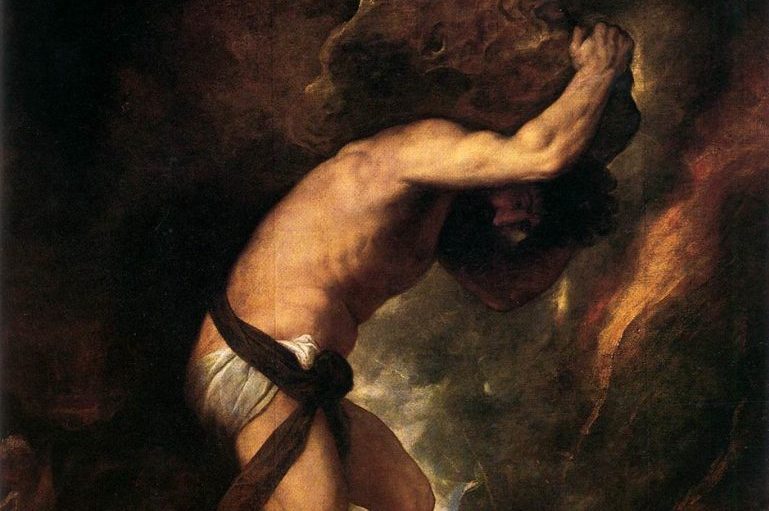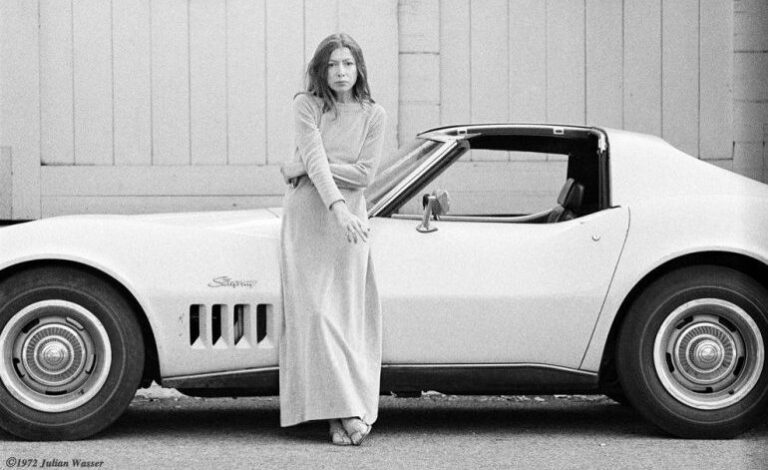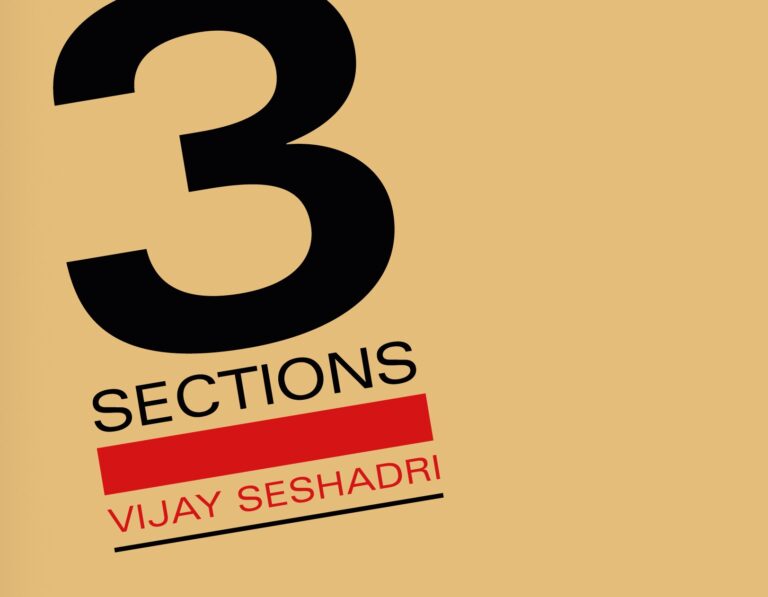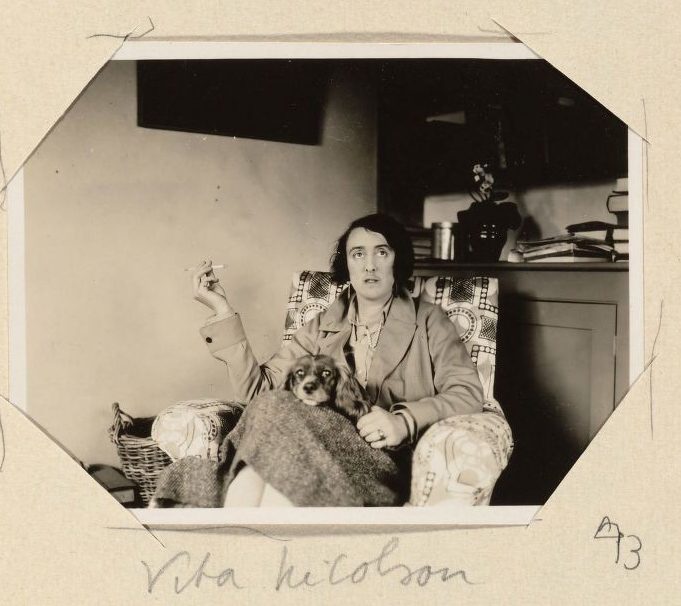Lying as survival: the literary pep talk

Has a young child ever asked you to watch him run? Are you ready? he asks, and then the same intense eyes that one tries to remember a dream with. Then his arms start pumping at a speed that must seem lightning-fast to his own mind but really looks more like an impersonation of slowness—it’s objectively unimpressive, even your leisurely walk would overtake him, his legs simply lack the length. He runs in uneven circles and when he returns to you, his little lungs straining, what do you do? It doesn’t take a behaviorist to know that you, we, must “O” our mouths in shock. We must “Wow!” and enlarge him and protect him from the world while we still can.
Of course, we don’t apotheosize an adult’s work that aims to soar but barely gets off the ground. We’re old enough to take the truth. As adults, we should hold each other’s work to high standards, and our own work to the highest of all. As writers, we shouldn’t settle for a single pale line. But before the poem is written, I say, we should lie to ourselves, the way we lied to that winded child. Before composition, we have to be gods.
I tell myself the truth, but slant it a bit: that the fledgling stab at poetry I am making is essential. That the world would grow anemic without my poem in it. I think the young artist has to believe wrongly, or prematurely, in his own wisdom; this may be the only way to stick with it. Before we can make a “raid on the inarticulate,” as T.S. Eliot put it, we need a battle cry: I will break the reader’s heart. Why not lie about our own bravery, indomitability, lightning-speed, till we feel its real power? I have access to the same words Keats did. Because what good would the truth do? I will change the world. And what if this is the truth?
Sometimes I lie about my audience. I imagine a room full of fellow writers—the slam poets, the formalists, the old academician, the young wide-eyed—listening and gasping, some of them begrudgingly, as I read the poem I haven’t yet written. This is not “writing to please everyone.” This is not a corporate session of “positive reinforcement.” Not aiming to bullshit myself that a bad poem is virtuous, but to believe that virtue is possible at all. It is pushing back against the inevitability of the writer’s silence and frustration. The self-vitriol from the finished piece needs the hosannas from the not-yet, or the just-begun. It is looking our “futile and hopeless labor” in the eye and still believing, as Camus wrote in “The Myth of Sisyphus,” that we are “stronger than [our] rock.” My words will inspire awe, they will, they will, they have to. It is protecting myself from the world because it’s too late.


